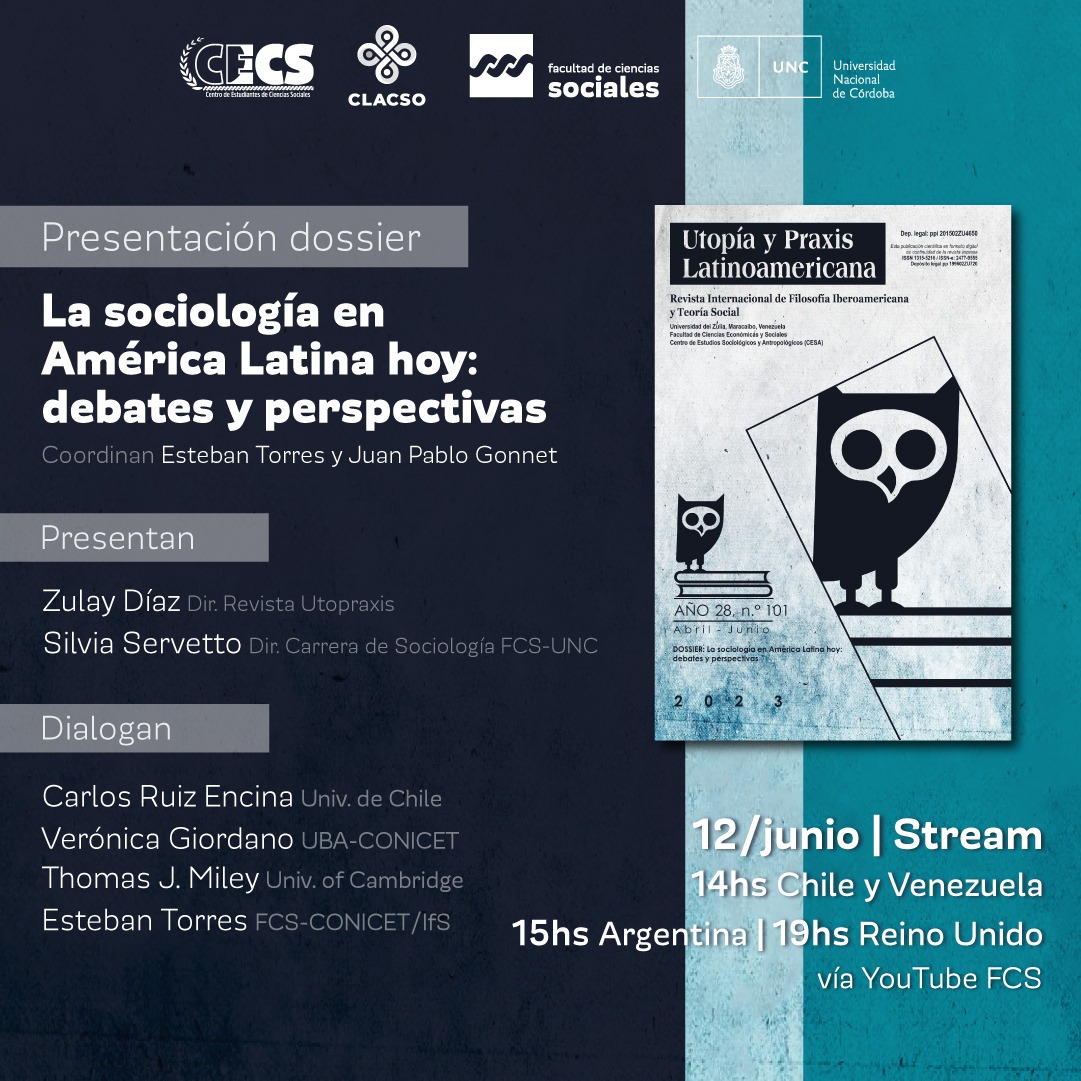Role of the government in social capital development in Indonesia
Resumen
ABSTRACT
Social capital development is now the main strategy for social and economic development in Indonesia. This focus is expected to enhance the capacity of the nation. However, the development of social capital in most Indonesian regions is still considered inadequate. Previous research found a lack of trust in society in most regions in Indonesia. Other studies found that inadequate social capital had caused problems related to insecurity and drug abuse in some regions. These insecurity issues have given rise to other problems, such as poverty, decreasing levels of health, and anxiety.
RESUMEN
El desarrollo del capital social es ahora la principal estrategia para el desarrollo social y económico en Indonesia. Se espera que este enfoque mejore la capacidad de la nación. Sin embargo, el desarrollo del capital social en la mayoría de las regiones de Indonesia todavía se considera inadecuado. Otros estudios encontraron que el capital social inadecuado había causado problemas relacionados con la inseguridad y el abuso de drogas en algunas regiones. Estos problemas de inseguridad han dado lugar a otros problemas, como la pobreza, la disminución de los niveles de salud y la ansiedad.
Citas
AHMAD, I., & AHMAD, S. (2018). “Multiple Skills and Medium Enterprises’ Performance in Punjab Pakistan: A Pilot Study”. Journal of Social Sciences Research, 7(2010), 44-49.
AHMAD, I., & AHMAD, S. (2019). “The Mediation Effect of Strategic Planning on The Relationship Between Business Skills and Firm’s Performance: Evidence from Medium Enterprises in Punjab, Pakistan”. Opcion, 35(24), 746-778.
BASRI, MC (2017). “Reform in an imperfect world: the case of Indonesia”. Asian‐Pacific Economic Literature, 31(2), pp. 3-18.
COLLINS, D, HAFIDZ, F, & MUSTIKAWATI, D (2017). “The economic burden of tuberculosis in Indonesia”. The International Journal of Tuberculosis and Lung Disease, 21(9), pp. 1041-1048.
FOX, CJ (2019). “Government Regulation of Youth Work: The Shortcomings of Good Intentions”. Ethics and Social Welfare, 13(2), pp. 203-209.
GRAAFLAND, J (2019). “Economic freedom and corporate environmental responsibility: The role of small government and freedom from government regulation”. Journal of Cleaner Production, 218, pp. 250-258.
KNUDSEN, JS, & MOON, J (2017). “Visible hands: Government regulation and international business responsibility”. Cambridge University Press.
LI, Y, ZHAN, C, DE JONG, M, & LUKSZO, Z (2016). “Business innovation and government regulation for the promotion of electric vehicle use: lessons from Shenzhen, China”. Journal of Cleaner Production, 134, pp. 371-383.
MCCARTHY, JF, STEENBERGEN, DJ, WARREN, C, ACCIAIOLI, G, BAKER, G, LUCAS, A, & RAMBE, V (2017). “Community driven development and structural disadvantage: interrogating the social turn in development programming in Indonesia”. The Journal of Development Studies, 53(12), pp. 1988-2004.
NAVARRA, MQ, NIEHOF, A, VAART, WVD, VAN DER HORST, H, & MOERBEEK, H (2018). “History and Institutions in the Rebuilding of Social Capital after Forced Resettlement in the Philippines and Indonesia”. The Journal of Development Studies, 54(8), pp. 1392-1405.
RAMÍREZ MOLINA, R; VILLALOBOS ANTÚNEZ, J & HERRERA, B (2018). “Proceso de talento humano en la gestión estratégica”. Opción. Revista de Ciencias Humanas y Sociales, 34 (18), pp. 2076-2101.
RÍOS PÉREZ, J., RAMÍREZ MOLINA, R., VILLALOBOS ANTÚNEZ, J., RUIZ GÓMEZ, G & RAMOS MARTÍNEZ, Y (2019). “Elements, resources and capacities of agricultural production units: from a thoughtful analytical approach”. Utopía y Praxis Latinoamericana. Revista Internacional de Filosofía Iberoamericana y Teoría Social, 24(6),pp. 407-419.
ROBINSON, WI (2018). “The next economic crisis: digital capitalism and global police state”. Race & Class, 60(1), pp. 77-92.
TAMBUNAN, TT (2019). “The impact of the economic crisis on micro, small, and medium enterprises and their crisis mitigation measures in S outheast a sia with reference to I ndonesia”. Asia & the Pacific Policy Studies, 6(1), pp. 19-39.
TRIYANTI, A, BAVINCK, M, GUPTA, J, & MARFAI, MA (2017). “Social capital, interactive governance and coastal protection: The effectiveness of mangrove ecosystem-based strategies in promoting inclusive development in Demak, Indonesia”. Ocean & Coastal Management, 150, pp. 3-11.
YAMAZAKI, S, RESOSUDARMO, BP, GIRSANG, W, & HOSHINO, E (2018). “Productivity, social capital and perceived environmental threats in small-island fisheries: insights from Indonesia”. Ecological Economics, 152, pp. 62-75.












